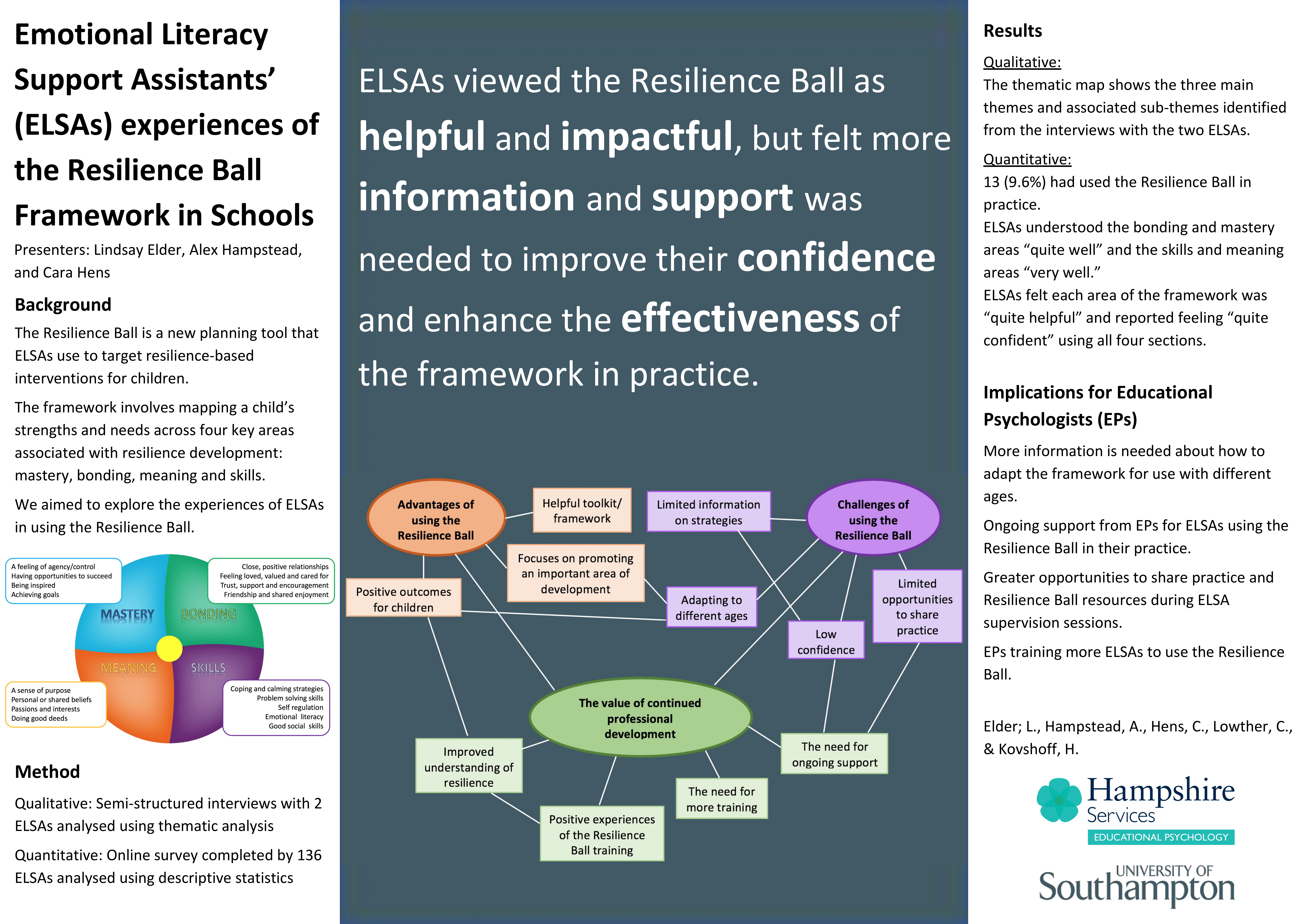Assignment type: Thesis
Author: Amber Newell
Submitted: September 2021
Abstract
Experiencing maltreatment in childhood can have detrimental and long-term effects on a child’s development. Maltreatment is the main reason for children to be removed from their family settings and to be looked after by alternative caregivers. Research has demonstrated that even after removal from the maltreating context, many children continue to experience persistent socioemotional difficulties. Less is known about the impact of maltreatment on children’s development of empathy and emotion regulation (ER) specifically and the ways that alternative caregiving protects against negative effects of maltreatment. Empathy and ER are key competencies that underpin a wide variety of other socioemotional skills. This thesis presents two related studies. Firstly, a systematic literature review was conducted to consider the literature exploring the impact of alternative caregiving on ER development. Eight studies were included that compared ER between children with and without experiences of maltreatment and subsequent transition to alternative care arrangements. Half of the studies concluded that maltreatment is associated with significantly less ER and an additional two studies found similar, but non-significant results. There are very few studies that have this focus, highlighting a need for further research. Secondly, empathy was assessed in 27 school-age adopted children with a history of maltreatment and compared with empathy measured with 72 non-adopted, non-maltreated children who live with their biological parents. It was hypothesised that maltreatment would have a negative impact on empathy development resulting in the adopted children scoring lower on empathy measures. It was also hypothesised that caregiver and child empathy would be associated and that this relationship would be moderated by maltreatment (group) status. The findings were that adopted children scored lower on parent-report questionnaire and behavioural measures of empathy. There were significant associations between parent and child measures of empathy, but maltreatment status did not significantly moderate this association. Taken together, both studies identify difficulties maltreated children have even within a context of adoption and fostering with empathy and emotion regulation development. The implications of this are discussed broadly and more specifically related to an educational psychology context.




